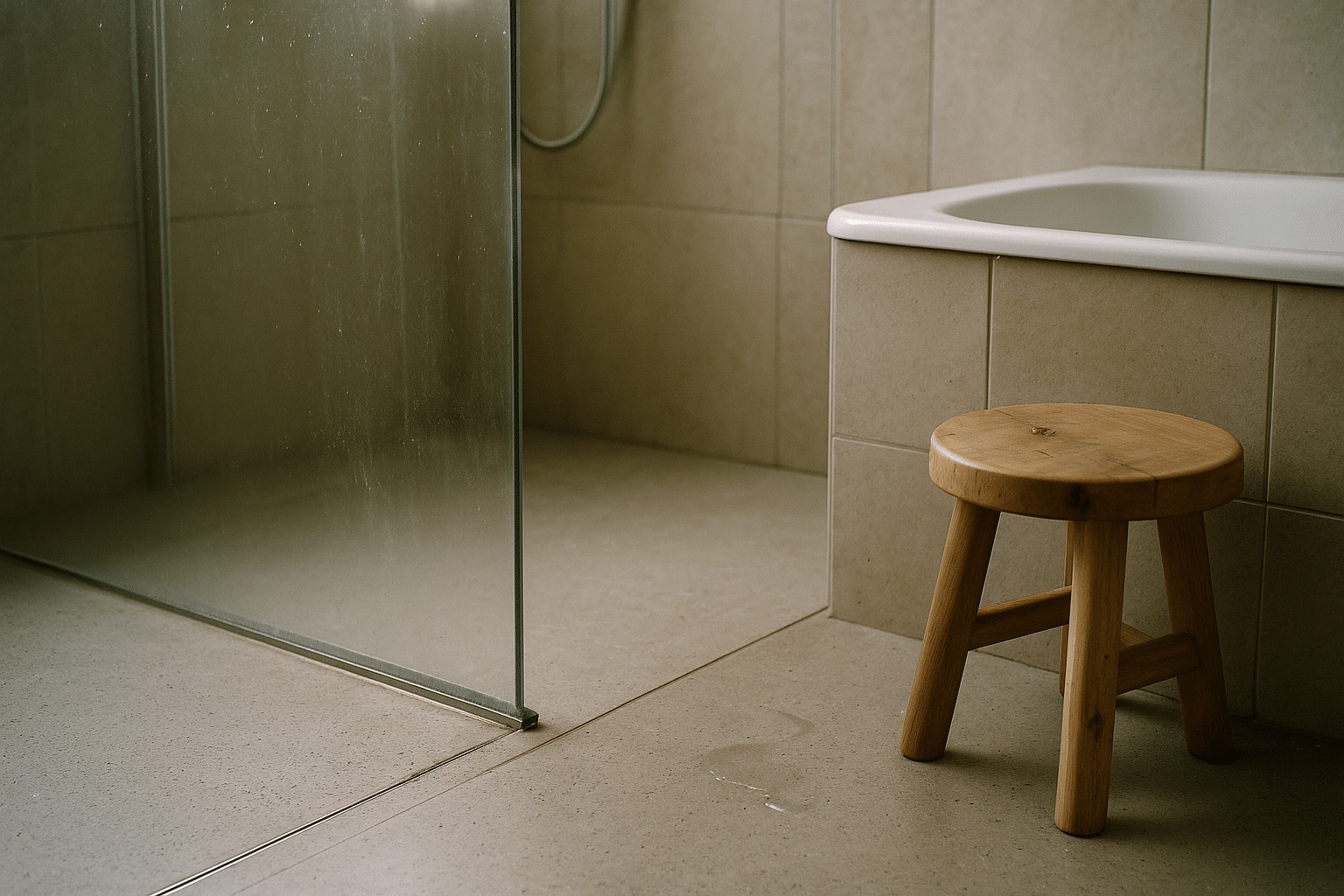
The Importance of Hydration in Maximum Physical Performance
Did you know that staying hydrated is crucial for achieving peak physical performance? Whether you’re a professional athlete or someone who enjoys a good workout, understanding the importance of hydration can make a significant difference in your exercise outcomes.
Water makes up about 60% of the human body, and it’s involved in numerous essential functions, from regulating body temperature to flushing out toxins. When you’re physically active, the body loses water through sweat, and failing to replenish it can lead to dehydration, which negatively impacts performance.
The Science Behind Hydration and Performance
Research has shown that even mild dehydration can cause fatigue, reduce endurance, and impair coordination. According to the American College of Sports Medicine, athletes should aim to drink around 500ml of water a few hours before exercise to ensure optimal hydration levels.
Expert Insights
Sports nutritionist Nancy Clark emphasizes, “Hydration is not just about drinking water; it’s about maintaining the right balance of electrolytes.” Electrolytes, such as sodium and potassium, help maintain fluid balance and are lost through sweat, necessitating their replenishment during prolonged exercise.
Real-Life Example
Consider Alex, an avid runner who noticed a drastic improvement in his marathon times after focusing on proper hydration. By incorporating electrolyte-rich drinks and water at regular intervals, Alex managed to avoid the mid-race slump that had plagued him in the past.
Actionable Hydration Tips
- Start your day with a glass of water to kickstart hydration.
- During exercise, aim to drink small amounts regularly rather than large quantities infrequently.
- Include hydrating foods in your diet, such as cucumbers, oranges, and watermelons.
- Pay attention to the color of your urine; a light yellow indicates good hydration.
Pro Tip: Invest in a reusable water bottle with measurement markings to help track your daily water intake.
Hydration Comparison Table
| Aspect | Hydrated | Dehydrated |
|---|---|---|
| Energy Levels | High | Low |
| Endurance | Enhanced | Reduced |
| Focus | Sharp | Impaired |
| Recovery | Quick | Delayed |
| Body Temperature | Regulated | Elevated |
| Muscle Function | Optimal | Cramping |
| Heart Rate | Normal | Increased |
| Urine Color | Light Yellow | Dark Yellow |
Frequently Asked Questions
How much water should I drink daily?
The general recommendation is about 2-3 liters, but this can vary based on activity level and climate.
Can I drink too much water?
Yes, excessive water intake can lead to a condition called hyponatremia, where sodium levels in the blood become dangerously low.
Are sports drinks necessary?
For workouts exceeding an hour, sports drinks can help replenish lost electrolytes, but for shorter activities, water is usually sufficient.
Conclusion
Hydration is a vital component of peak physical performance. By understanding and implementing effective hydration strategies, you can enhance your energy levels, endurance, and overall athletic ability. Remember to listen to your body and tailor your hydration habits to suit your individual needs. Stay hydrated, stay active!


